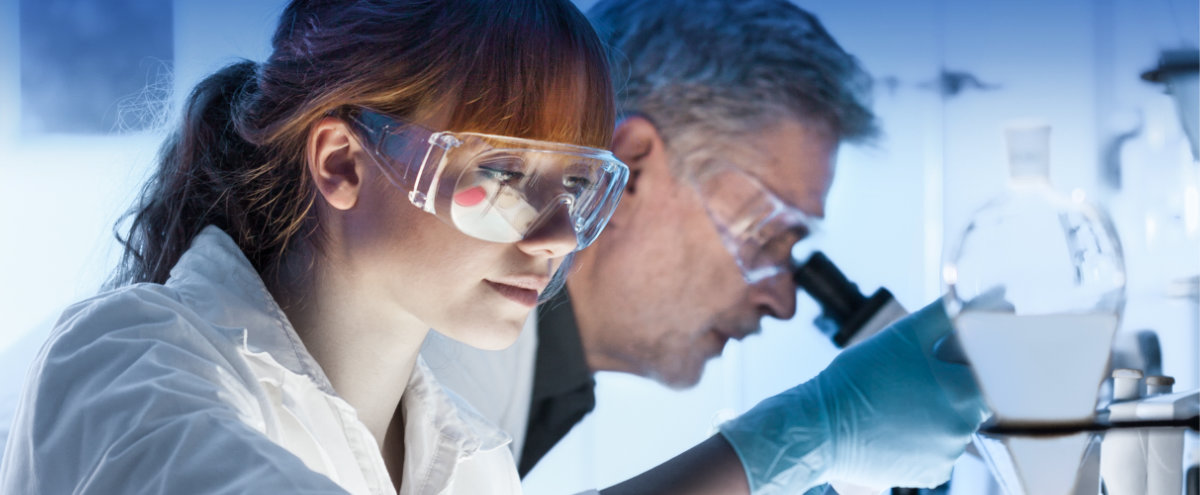Biological stability of chlorinated and non-chlorinated drinking water
ApplyProject Description
Drinking water is distributed from the treatment facility to consumers through extended man-made piping systems. The drinking water system should be microbiologically safe and biologically stable (WHO, 2006). The biological stability criterion refers to maintaining the microbial drinking water quality in time and distance from the point of drinking water production up to the point of consumption. This research will be conducted at the unique drinking water distribution system (DWDS) at KAUST a confined network of the same age supplied with reverse osmosis (RO) based drinking water. The aim of the project is to characterize temporal and spatial dynamics in biofilms and microbial community in the water from source to tap with the considerations of the impact of residual disinfectant use The results will allow better understanding whether residual chlorine is needed for distribution of RO produced drinking water and will lead to better insights on the biological stability of the produced water.
 Division -
Biological and Environmental Sciences and Engineering
Division -
Biological and Environmental Sciences and Engineering
About the
Researcher
Johannes Vrouwenvelder

Desired Project Deliverables
Operate miniature drinking water distribution networks (preparation of solutions, setting up and run equipment, problem solving) Sample analysis (biological and chemical analysis, DNA extraction, etc.Data analysis Written and oral presentation of (intermediate) results.

